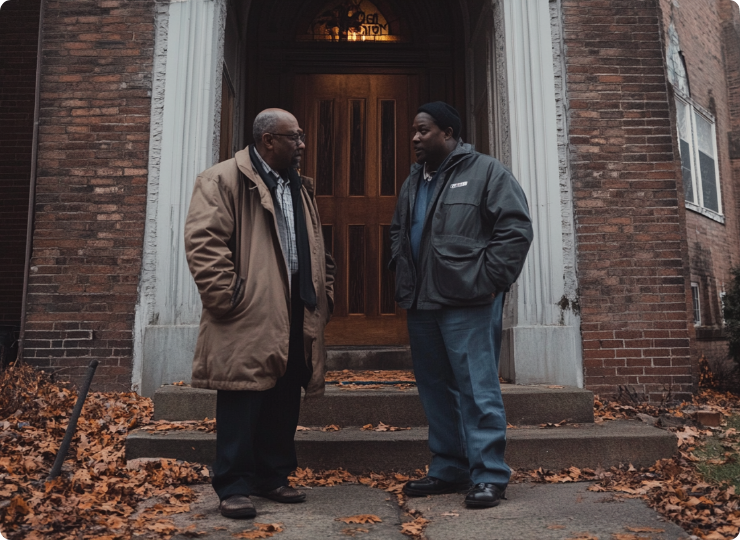Recovery Coaching After Drug & Alcohol Rehab
- Michael McEvoy
- Jul 1, 2025
- 3 min read
Updated: Sep 15, 2025

The Role of a Recovery Coach After Drug and Alcohol Rehab

Recovery doesn’t end after treatment—it evolves. When someone completes a drug and alcohol or residential treatment program or intensive outpatient treatment (IOP), the following steps can feel uncertain. This is where a post-rehab recovery coach plays a vital role. A recovery coach offers structure, accountability, and personal connection during the transition from treatment to independent living. For many, this relationship becomes a cornerstone of long-term recovery.
What Is a Recovery Coach?
What is a recovery coach? A recovery coach is a trained professional with lived experience in recovery. They serve as a peer-based support partner, helping individuals establish routines, set goals, and make informed choices in real-time. Coaches don’t diagnose or treat—they walk beside their clients with empathy, offering encouragement without judgment. Their role is practical and purpose-driven, helping people take action and stay on track.
Key Benefits of Recovery Coaching

The benefits of recovery coaching extend beyond emotional support. Coaches help clients navigate day-to-day challenges, from creating a morning routine to applying for a job or reconnecting with loved ones. They foster consistency, reinforce values, and help reduce the risk of relapse. One of the most important advantages is the accountability a coach provides—a daily or weekly check-in that keeps recovery active and intentional. Many individuals find that this relationship boosts their confidence and empowers them to trust their decision-making again.
When to Work With a Coach
A recovery coach can be helpful at many points, but the support is especially powerful in the first year after treatment. This is when structure and motivation may start to waver. Whether someone has just completed detox, is navigating early sobriety, or is returning home after residential care, a recovery coach offers clarity and consistency. For those who feel unsure or overwhelmed, having a sober companion in Connecticut may also make sense.
Coaching vs. Counseling: Understanding the Difference

While counseling focuses on emotional healing and addressing past trauma, coaching is action-oriented. Therapists help clients explore the reasons behind their actions. Coaches help them plan their next steps. The two roles complement each other. Many people work with both, using therapy for emotional insight and coaching for daily structure. This blend is especially helpful when managing transitions, such as employment, parenting, or rebuilding relationships.
Supporting MAT, IOP, and Peer Programs
Recovery coaching works well alongside all recovery pathways, including Medication-Assisted Treatment (MAT), IOPs, and peer support groups like AA or SMART Recovery. Coaches reinforce treatment goals and help integrate recovery into everyday life. With MAT especially, a coach can help reduce stigma, offer support between clinic visits, and encourage healthy coping strategies. This type of peer support for addiction recovery helps individuals feel seen and supported through each stage of their healing.
Finding a Certified Coach in Connecticut
RiseWell Recovery provides experienced and compassionate recovery coaching in Western Connecticut, serving Fairfield, Hartford, New Haven, and Litchfield counties. In addition to coaching, we provide in-person Sober Companions, Intervention Services for families, and Sober Transportation for those entering or transitioning between treatment. Whether you’re looking for day-to-day support or a safe way to take the next step, RiseWell is here to walk beside you.
Ready to move forward with confidence? Connect with a coach and explore personalized support that fits your journey.



